Breaking News
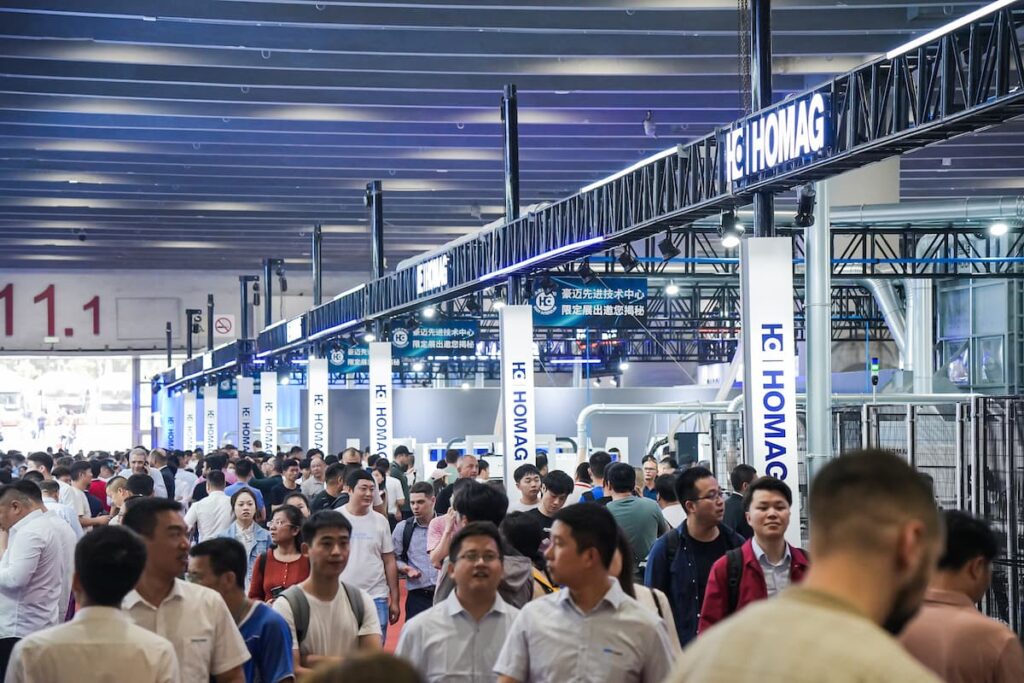
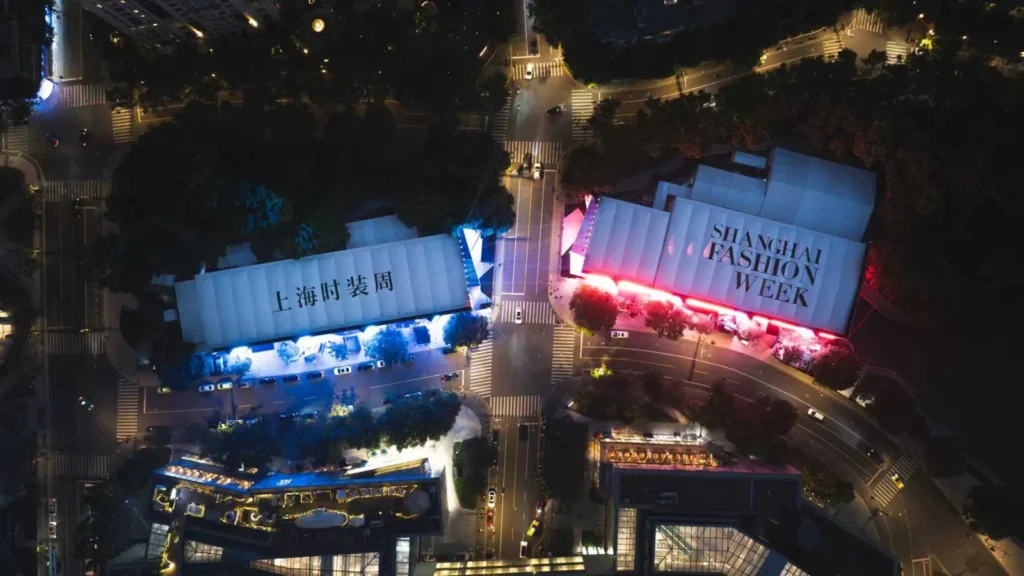
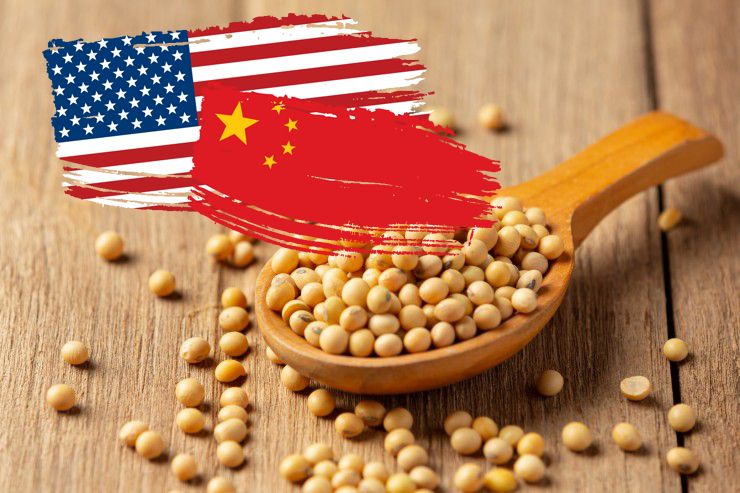
Popular News
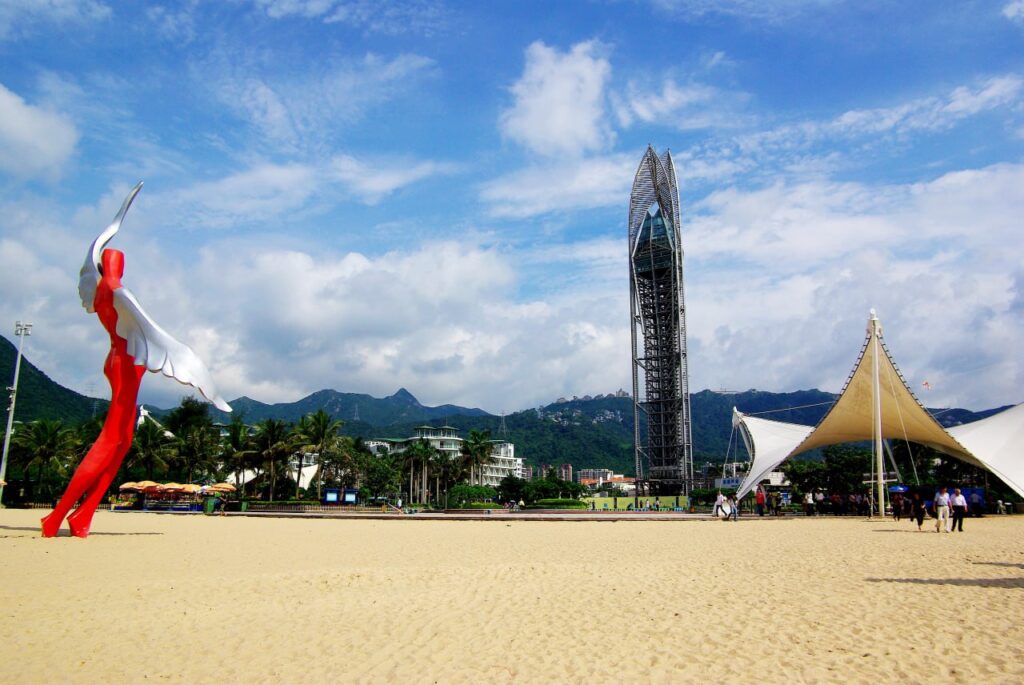
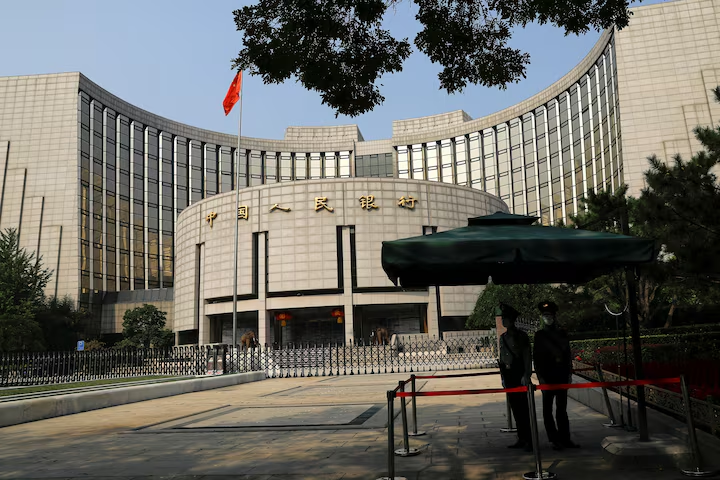
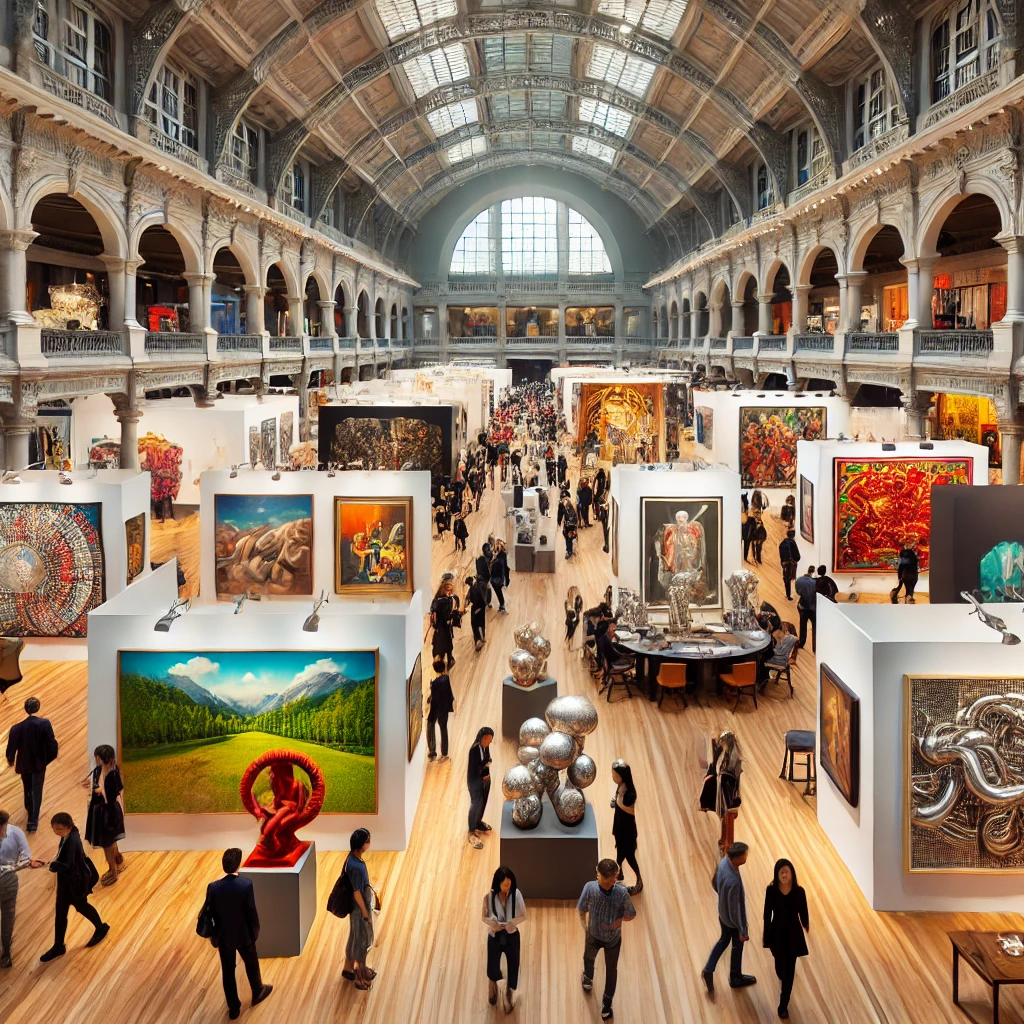









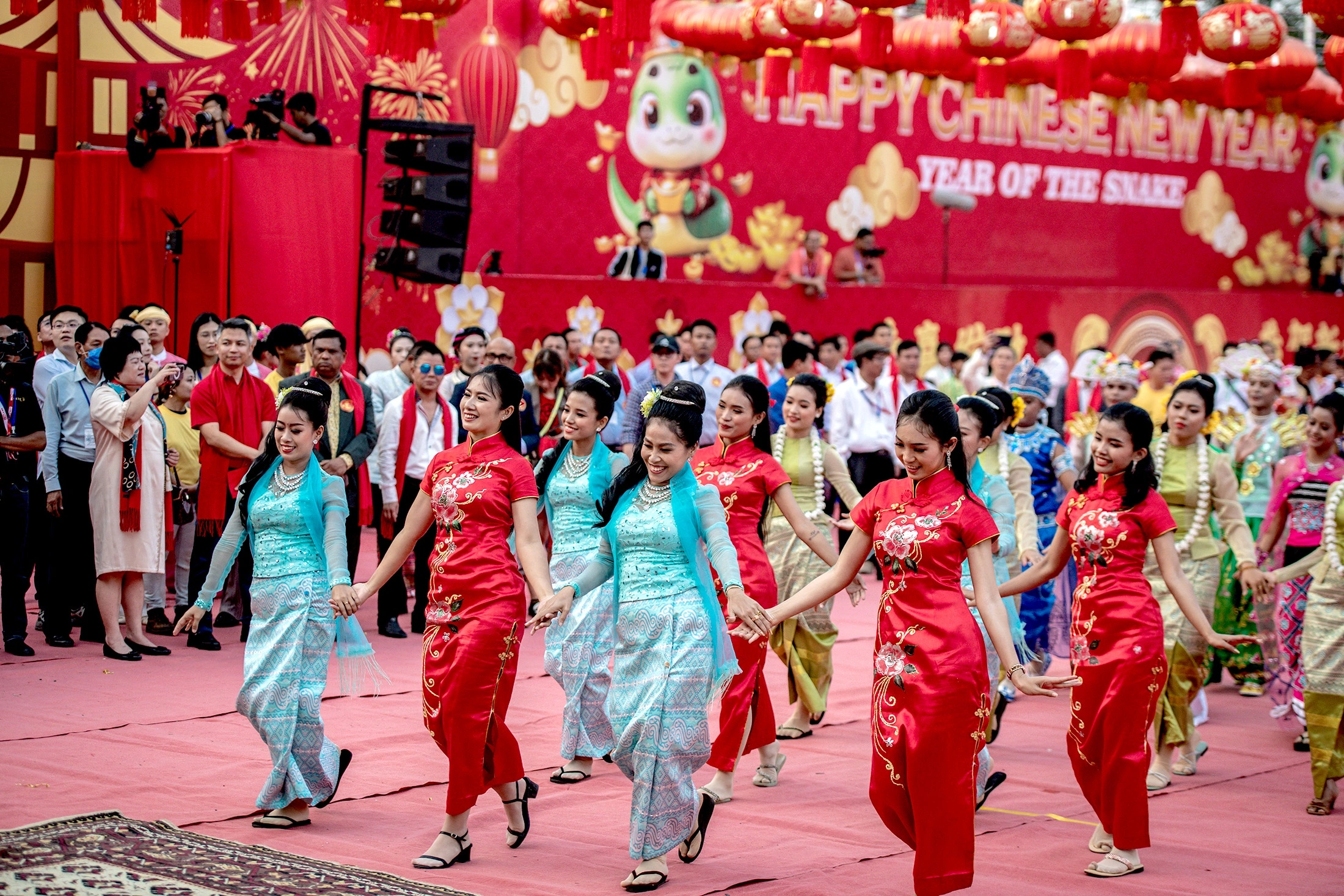
National Day of China: traditions, parades, Golden Week, cultural events, and symbolism of the country’s main national holiday.
On October 1, 1949, Mao Zedong proclaimed the establishment of the People’s Republic of China at Tiananmen Square in Beijing. This date became the country’s most significant national holiday.
Major anniversaries highlight the country’s achievements, while regular years emphasize cultural and public events.
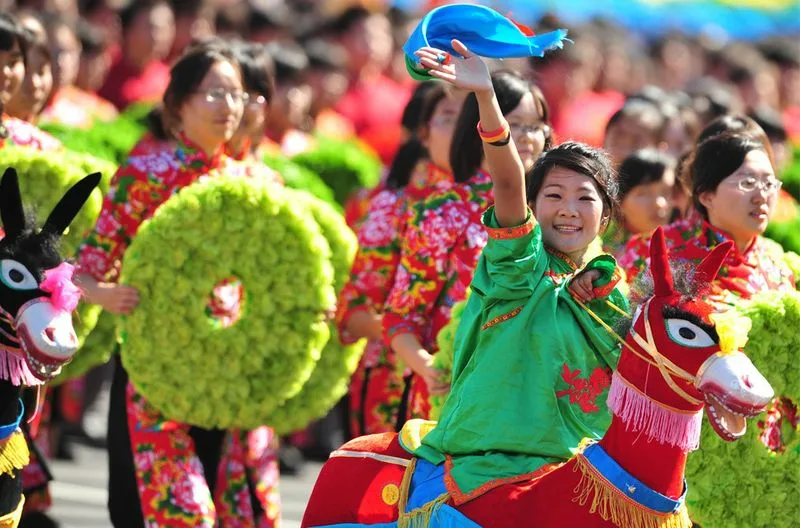
The flag-raising ceremony at Tiananmen Square is the central event of National Day. Streets and squares are decorated with hundreds of thousands of flags, and Tiananmen Square often features a giant floral display weighing over 50 tons.
Military parades occur only on major anniversaries. Annual festivities include parades, concerts, and fireworks displays. Cities such as Beijing, Shanghai, Guangzhou, and Xi’an host large-scale shows, while Hong Kong and Macau feature fireworks and outdoor concerts.
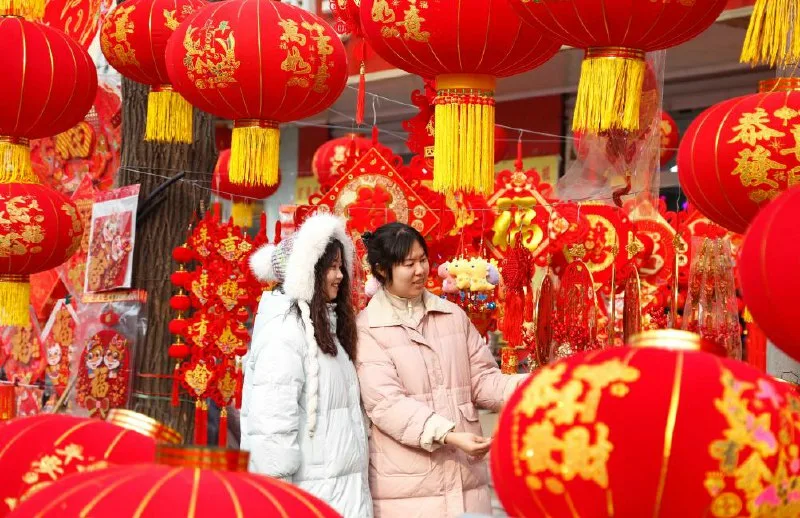
Since 1999, October 1 opens the “Golden Week”, a seven-day holiday when millions of Chinese travel domestically.
During this period, transport networks, hotels, and restaurants experience high demand. Golden Week is the largest domestic tourism event globally, driving cultural participation and consumer spending.
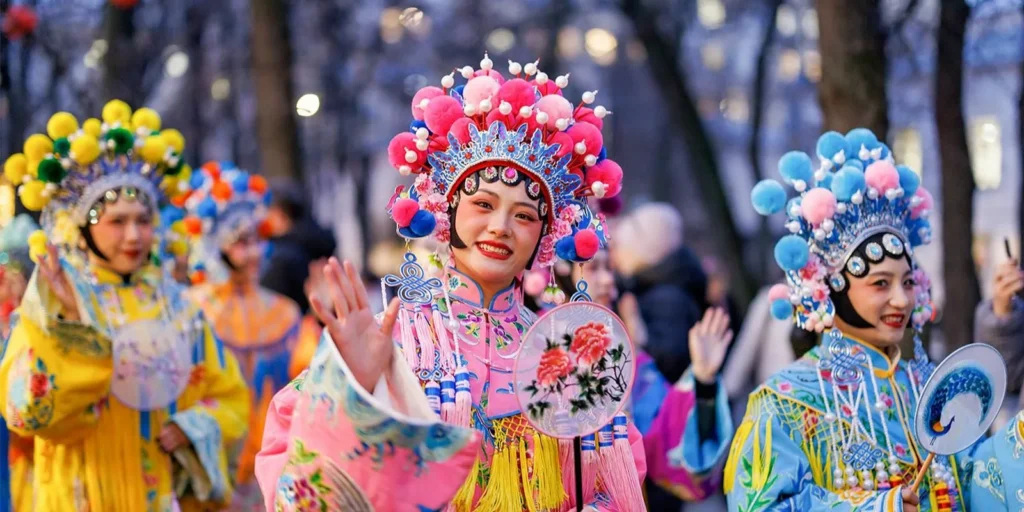
Fireworks and light shows enhance the festive atmosphere throughout the holiday week.
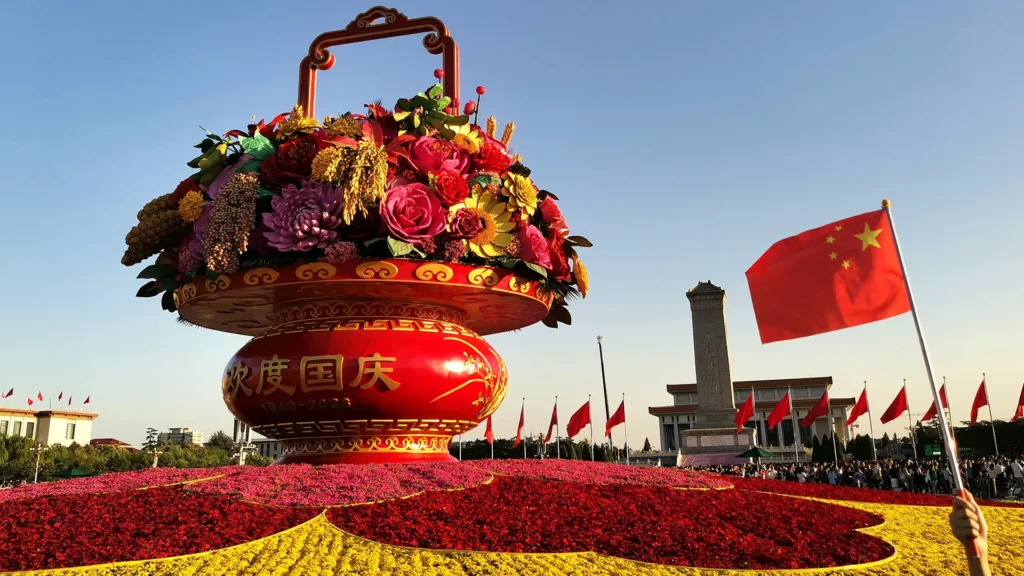
The holiday significantly boosts domestic tourism, hotel occupancy, restaurants, and retail sectors. Millions participate in concerts, festivals, and street performances. Major cities especially benefit from increased tourism revenue and cultural engagement.

Domestic tourism remains the primary driver, though National Day also attracts international visitors. Large-scale events and cultural programs enhance China’s appeal as a global travel destination.
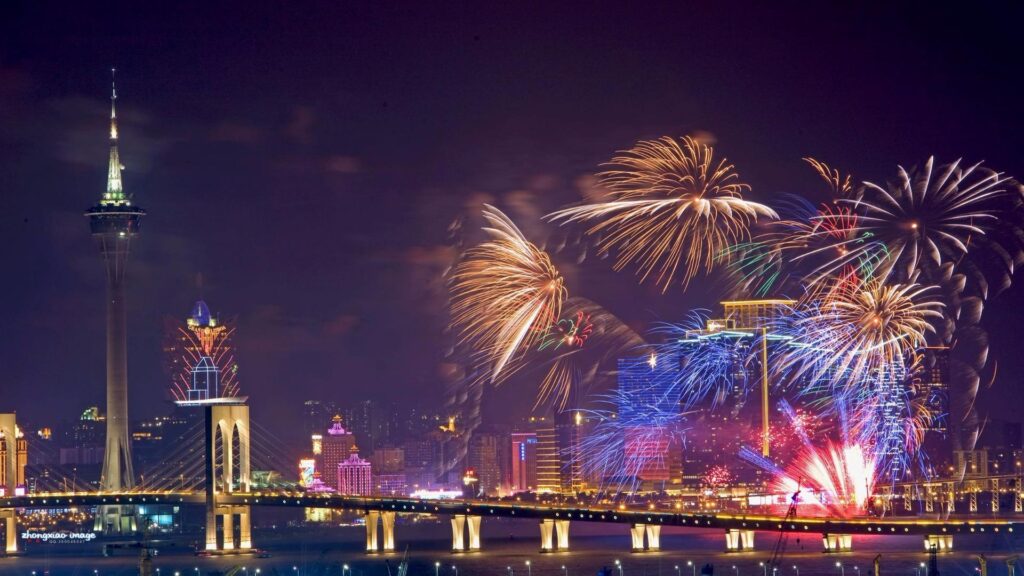
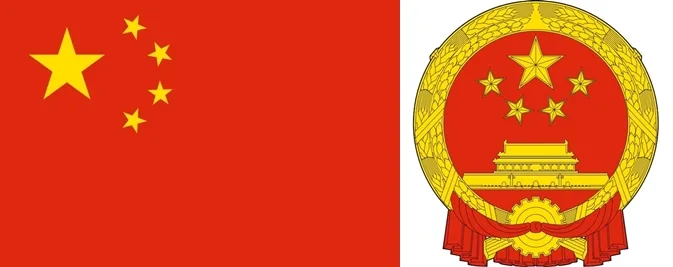
1. What is the National Day of China?
It is the main national holiday of the PRC, celebrated on October 1 to mark the establishment of the People’s Republic of China.
2. How long does the celebration last?
Officially seven days — the Golden Week — though cultural events often extend beyond this period.
3. How is it celebrated in Beijing?
Through the flag-raising ceremony at Tiananmen Square, public gatherings, concerts, and fireworks.
4. Are there military parades?
Yes, only during anniversary years, showcasing the country’s military and technological capabilities.
5. What is Golden Week?
A seven-day official holiday marked by domestic travel, festivals, concerts, and nationwide cultural programs.
6. How is it celebrated in other regions?
7. What is the economic impact of the holiday?
It boosts tourism, transportation, hotels, restaurants, and retail. Cultural events generate additional revenue for the entertainment sector.
8. What are the holiday’s symbolic elements?
The PRC flag, red color, floral displays, lanterns, and illuminated streets.